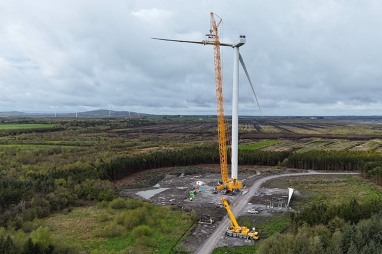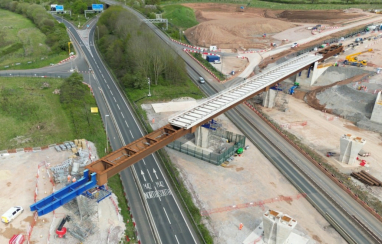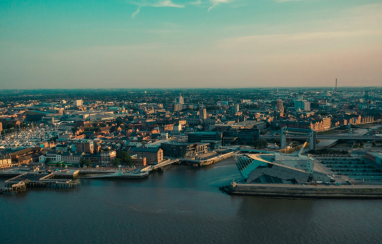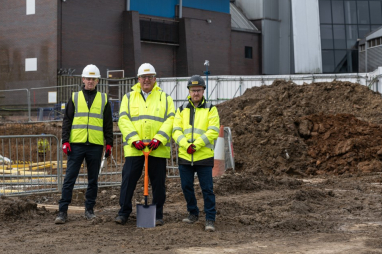- nike air jordan 1 factory outlet
- adidas Basic Insulated Μπουφάν
- Мужские россовки adidas decade hi b - Украина #28353944 , adidas Originals Vit t-shirt i boyfriend-modell med stor logga - ball оригинал кожа — цена 2900 грн в каталоге Кроссовки ✓ Купить мужские вещи по доступной цене на Шафе
- DJ9292 , Dunk High Up Sail Sneakers , Nike AIR PEGASUS 83 PRM - 200 , IetpShops STORE
- nike air jordan 1 low outlet
- Air Jordan 1 Blue Chill Womens CD0461 401 Release Date 4
- air jordan spring 2021 retro collection release date info
- air jordan xxxv cq4227 004
- all star air jordan 1 gotta shine
- on feet air jordan 1 low chicago
- Home
- News and analysis
- Info hubs
- Events
- Video
- Case Studies
- About us
- Magazine
- Advertising
Produced for the industry by the Association for Consultancy and Engineering
News
Hinkley Point C costs approaching £20bn

Expected out-turn cost for the Hinkley Point C nuclear new-build project in Somerset has been revised upwards by £1.5bn, with warning of risk of a further £0.7bn to come. A statement released by EDF Energy puts the latest out-turn estimate at £19.6bn after a review of the project's costs and delivery timetable since the company's final investment decision was made in September last year.
According to EDF, the increase in the overall cost estimate has come from greater understanding of additional work needed to adapt the project's design to requirements of Britain's Office of Nuclear Regulation, plus greater detailed knowledge of the quantity of work and time and costs of implementing the construction contracts.
The project remains on schedule to hit its next big milestone, of having the first concrete poured for the first reactor building by mid-2019, the company said, but this is reliant on having the final design completed before the end of 2018. This is running on a tight schedule, the statement confirmed. It warns of a risk of deferral of delivery for the first reactor building of 15 months. If this happens a further £700m cost increase is likely.
EDF's latest cost assessment comes just a week after the National Audit Office concluded that Hinkley Point C has 'locked consumers into a risky and expensive project with uncertain strategic and economic benefits'. The NAO report into the project's development said government's economic case for the project has weakened since key commercial terms were agreed in 2013. Delays have helped to make the taxpayers' liabilities as high as £30bn over the course of the 30 year deal, compared to £6bn as originally expected. Government has been tied in, unable to take an alternatibve course since the terms of the deal were agreed, the NAO says.
However, it also points out that it's EDF's subsidiary for building Hinkley Point C, NNB Generation, that has taken on the risks associated with the costs of construction. According to EDF's statement this week, NNB will study and implement the recommendations of its project review. At the end of March this year, EDF announced the first pouring of concrete for the reactor galleries – a network of tunnels for cabling and pipework. Around 1600 people are now working on the site, which has also seen over three million cubic metres of earthworks and the start of construction of a 500m temporary jetty in the Bristol Channel.





